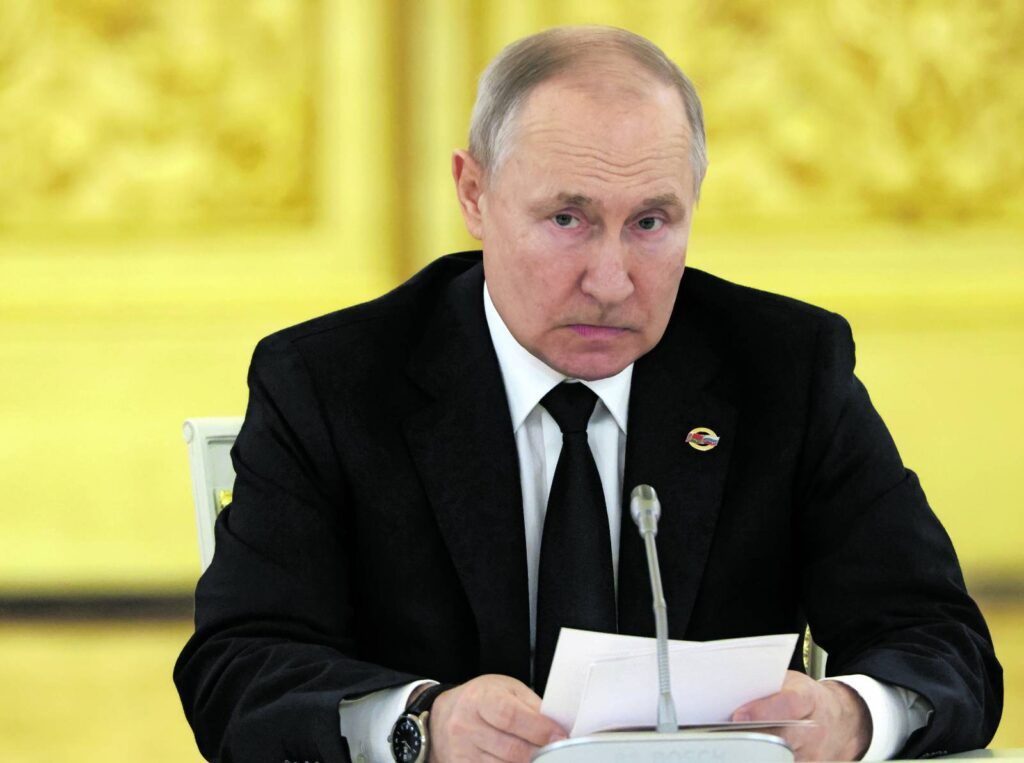
The recent developments indicate a heightened threat from the Islamic State (IS) towards Russia, marking a significant escalation in tensions. The IS poster explicitly targeting Russia and its President Vladimir Putin, coupled with the devastating attack on Moscow’s Crocus City Hall, signals the group’s intent to extend its reach and impact. IS-Khorasan, a branch of IS active in Afghanistan, has been identified as responsible for the Moscow attack, underlining the transnational capabilities of terrorist networks and their ability to orchestrate attacks beyond their immediate geographical confines.
This incident not only underscores the ongoing threat posed by IS and its affiliates but also highlights the challenges faced by nations globally in addressing and mitigating the risks associated with terrorism. The utilization of social media and propaganda networks by terrorist groups to disseminate threats and claim responsibility for attacks further complicates efforts to counter their narratives and influence.
The response from Russian authorities, including the apprehension of the assailants and the subsequent address by President Putin, reflects the serious implications of such attacks for national security and the broader geopolitical landscape. The mention of prior intelligence shared by the US about a potential attack in Moscow indicates the importance of international cooperation in countering terrorism, even amidst complex diplomatic relations.
As the world witnesses the resurgence of IS through such bold attacks and threats, the necessity for a unified and robust response to terrorism becomes increasingly apparent. The global community must remain vigilant and collaborate closely to address the evolving challenges posed by terrorist organizations and their efforts to destabilize regions and provoke international discord.




































Leave a Reply